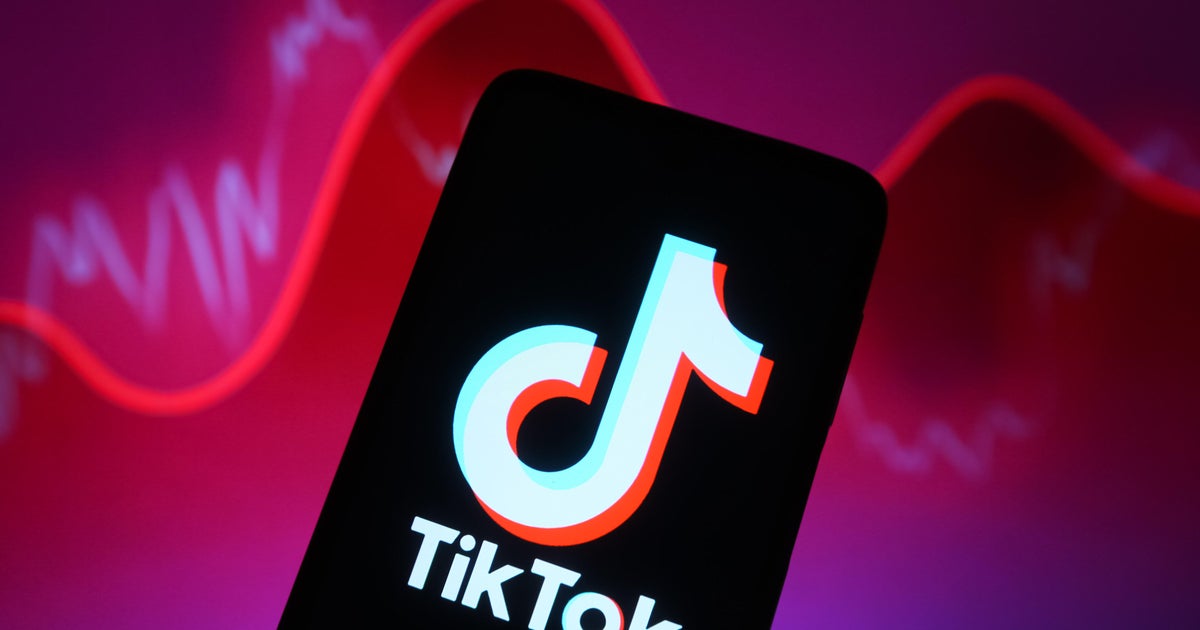How health care changes could harm children
In all the talk about Congress' efforts to repeal and replace Obamacare, one important group often gets left out of the discussion: children.
Approximately 37 million of them receive health care benefits from Medicaid programs, according to The Kaiser Family Foundation. Thanks in part to Medicaid expansion and other government programs, the rate of uninsured children has dropped to an all-time low of 5 percent -- compared to 14 percent two decades ago.
But that progress is in jeopardy. Health policy experts predict that children may be some of the hardest hit by the proposed Medicaid cuts in both the House and Senate bills.
"Medicaid can really improve the lives of children. It's a program that can reach into every aspect of a child's life," said Jessica Schubel, senior policy analyst at the Center on Budget and Policy Priorities. "Millions of children would be affected by the proposed legislation."
Here's a closer look at how current legislative efforts in Washington may affect millions of the country's youngest patients:
Fewer kids covered. The Affordable Care Act increased the number of children ages 6 to 18 covered under Medicaid because it raised the eligibility requirement from 100 percent of the poverty level to 133 percent, the level already in place for children under 6. The Senate and House bills would bring the eligibility requirement back to 100 percent of poverty level.
In addition, ending Medicaid expansion and moving to a per capita cap or block financing model could result in dramatic state cutbacks in Medicaid eligibilty and benefits, including for children with special health care needs, said Schubel. As many as 1.5 million children would be affected by the proposed legislation's rollback of Medicaid eligibility for kids ages 6-19, according to Kaiser Family Foundation data.
A threat to the early and periodic screening, diagnosis and treatment (EPSDT) benefit. EPSDT allows children to receive screenings, immunizations, lab tests, lead level testing, mental health screening, and vision, dental, hearing and substance abuse services. If a diagnosis is found, coverage for treatment is available under the benefit even if the state's Medicaid program would not normally cover it.
EPSDT has been around since 1967. "Studies show that kids do better when their health care is taken care of," said Schubel. But in some cases, the new health insurance legislation would mean states would no longer be required to comply with the EPSDT requirement.
Aid for disabled children. Medicaid allows for what's called "optional pathways" for families of disabled children. Home health care, in-patient facility care and other services for disabled children and their parents are often covered even if a family is ineligible for traditional Medicaid.
Many times Medicaid fills the gap for treatments and services for special-needs children that employer-sponsored insurance doesn't cover. In addition, Medicaid often covers services for special-needs children in public schools, such as speech and physical therapy.
Advocates worry that states, strapped from future proposed cutbacks in federal Medicaid funding, would have few dollars left in their budgets for the optional programs that many families of disabled children depend on.
An uncertain future for the Children's Health Insurance Program (CHIP). Funding for CHIP expires in September and must be reauthorized by Congress. CHIP is designed to cover uninsured children whose families don't qualify for Medicaid but still need assistance with health care costs. States sometimes integrate CHIP funding with Medicaid funding. In other cases, states run it as a stand-alone program.
It's not clear where Congress stands on reauthorizing the program. But if funding ceases, at least 8 million children will lose coverage. Even if CHIP is reauthorized, the money for many states will decrease. The ACA boosted CHIP funding for all states. Any repeal would likely put an end to those extra funds.



